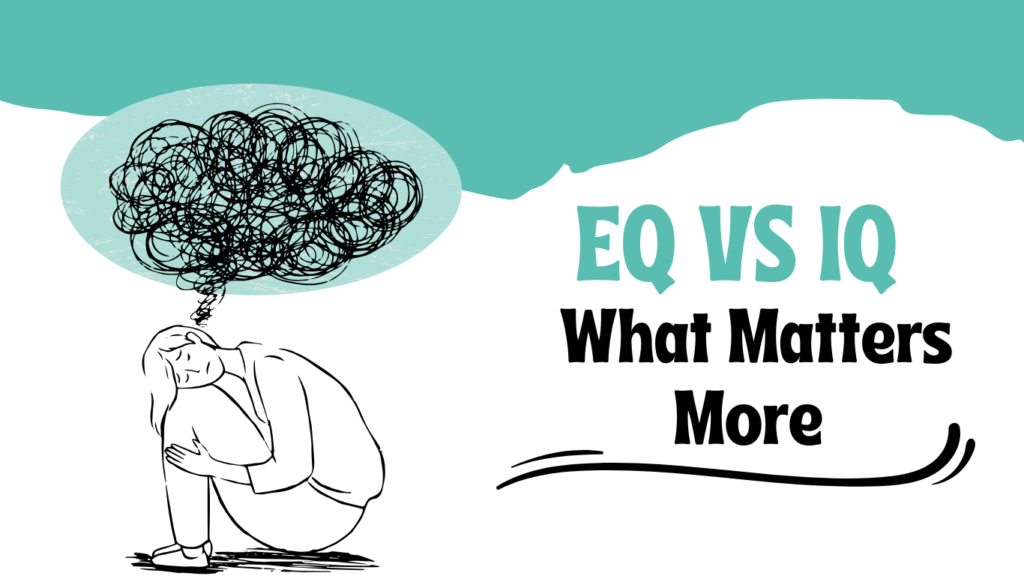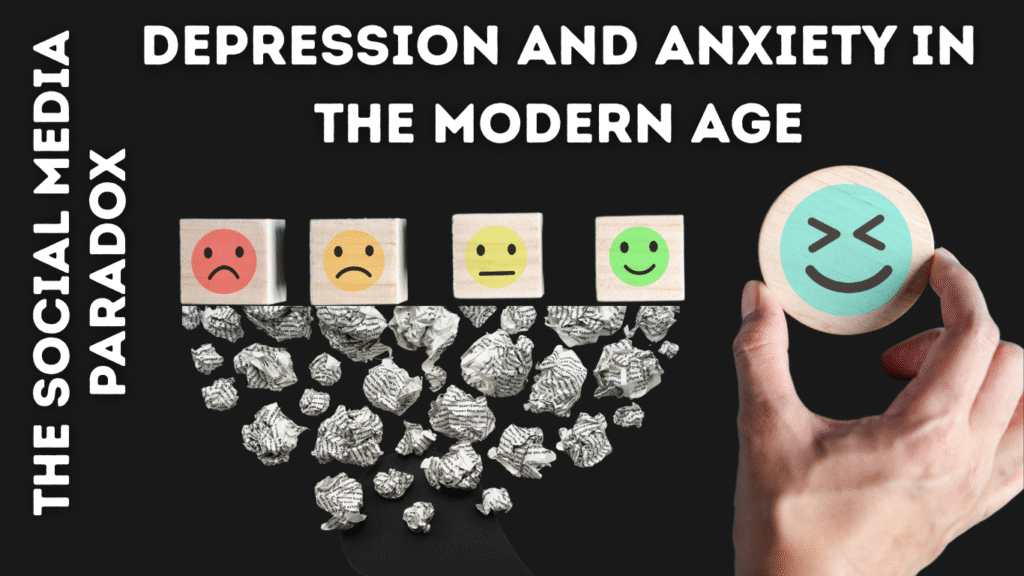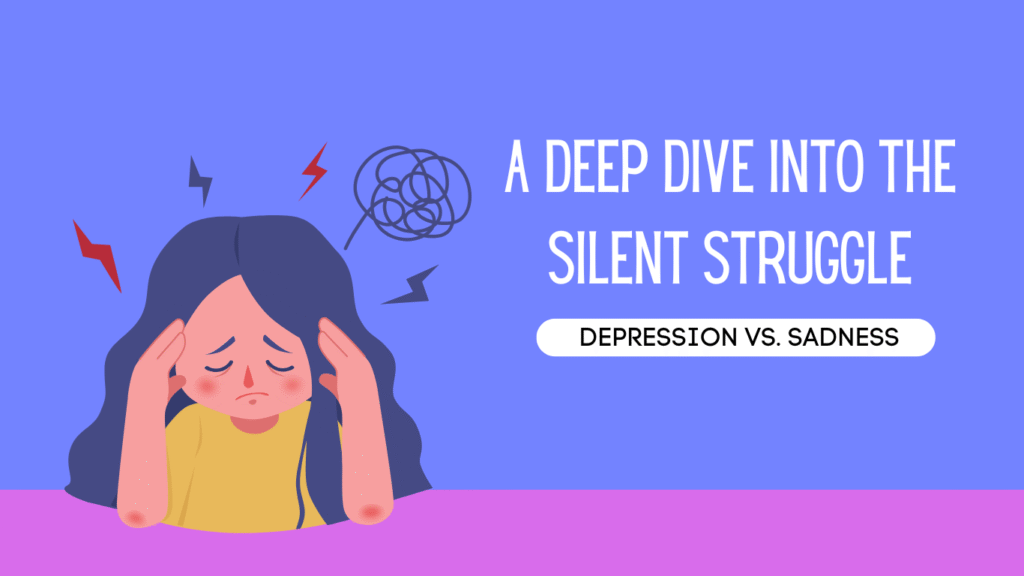Emotional Intelligence (EQ) vs IQ – What Matters More in Life and Work?
Understanding the role of emotional intelligence and cognitive intelligence in personal and professional success.
Understanding the Basics
What is IQ?
IQ, or Intelligence Quotient, measures a person’s cognitive abilities through standardized testing. It assesses logical reasoning, memory, language comprehension, math, and pattern recognition.
IQ has traditionally served as a benchmark for academic and technical aptitude. Think of IQ as your brain’s horsepower—it determines how well you process information and solve problems.
What is EQ (Emotional Intelligence)?
Emotional Intelligence (EQ) refers to the ability to understand, manage, and influence your emotions and those of others. Psychologist Daniel Goleman defines EQ as comprising:
- Self-awareness
- Self-regulation
- Empathy
- Social skills
- Motivation
While IQ helps you pass exams, EQ helps you build relationships, resolve conflict, and lead effectively in both work and life.
Emotional Intelligence vs IQ – Key Definitions
| IQ (Intelligence Quotient) | EQ (Emotional Quotient) |
|---|---|
| Logical thinking, memory, analytical skills | Emotional awareness, empathy, interpersonal skills |
| Static – changes little over time | Can be developed and improved |
| Useful in academic, technical roles | Vital for leadership and relationships |
| Focus on mental processing | Focus on emotional and social connection |
IQ vs EQ – What’s the Difference?
IQ is about facts, logic, and analysis. EQ is about people, emotions, and communication.
IQ can get you in the door. EQ helps you stay there, collaborate, and lead.
How IQ and EQ Are Measured
IQ Tests: Stanford-Binet, Wechsler Intelligence Scale (range 85–130)
EQ Tools:
- EQ-i (Emotional Quotient Inventory)
- MSCEIT (Mayer-Salovey-Caruso Emotional Intelligence Test)
Unlike IQ, EQ can grow with practice and feedback.
Why Both IQ and EQ Matter
IQ helps with data, strategy, and academic performance. EQ helps with teamwork, leadership, and resilience.
Together, they create a powerful synergy for personal and career success.
Real-World Applications of EQ
EQ in Leadership and Teams
Emotionally intelligent leaders:
- Build trust and loyalty
- Navigate conflict effectively
- Motivate and inspire teams
Conflict Resolution and Social Skills
High EQ individuals:
- Stay calm under pressure
- Defuse tense situations
- See things from multiple perspectives
EQ in Relationships
EQ drives open communication, emotional support, and deeper trust in relationships—where IQ plays a limited role.
IQ in Academic and Technical Fields
High IQ Benefits
- Fast concept grasp
- Strong problem-solving
- Logical precision
IQ in STEM Careers
STEM professionals benefit from high IQ—but those with strong EQ tend to advance faster due to leadership and collaboration skills.
Limitations of IQ Without EQ
High IQ individuals may face:
- Workplace conflict
- Stress and burnout
- Poor teamwork
That’s why EQ is now viewed as critical to holistic intelligence and success.
Emotional Intelligence in the Workplace
What Employers Value Today
- Collaboration
- Adaptability
- Emotional regulation
EQ in Customer-Facing Roles
High EQ is essential in:
- Customer service
- Sales
- Human resources
IQ in Strategy and Research
High IQ fuels innovation and technical success—but EQ helps those ideas thrive through people.
How to Improve Your EQ
Self-Awareness Practices
- Keep a journal
- Ask, “What am I feeling?”
- Seek feedback from trusted peers
Building Empathy
- Listen actively
- Ask open-ended questions
- Avoid snap judgments
Emotional Regulation with Mindfulness
- Practice meditation
- Use breathwork techniques
- Stay present during emotional moments
EQ vs IQ – Which Predicts Success?
Research Says EQ Wins in the Long Run
- Harvard: EQ explains 90% of high performance
- TalentSmart: High EQ = $29,000 more income annually
- Goleman: EQ accounts for 80% of career success
Real-World Comparison
Alex: High IQ, low EQ – brilliant but difficult.
Taylor: Moderate IQ, high EQ – trusted, resilient leader.
Taylor is more likely to succeed and lead effectively.
Emotional Intelligence in Education
Teaching Kids Both EQ and IQ
Social-emotional learning (SEL) helps children:
- Resolve conflict
- Understand emotions
- Regulate their behavior
- Develop empathy and resilience
Creating Emotionally Safe Schools
Students with high EQ are more likely to:
- Handle stress better
- Form healthy friendships
- Experience fewer behavioral issues
Long-Term Benefits
Combining EQ and IQ in education leads to well-rounded students who succeed academically and socially. Studies show higher EQ correlates with better graduation rates and life satisfaction.
IQ vs EQ – Common Myths and Misconceptions
“Smart People Don’t Need EQ”
False. Many intelligent individuals struggle in personal and professional relationships without emotional intelligence.
“EQ Is Just Being Nice”
EQ includes boundary-setting, assertiveness, and navigating high-stress environments—not just being kind or agreeable.
The Neuroscience Behind EQ
While IQ engages the prefrontal cortex (logic), EQ activates the limbic system and amygdala (emotions). Mindfulness and emotional training strengthen both neural systems, improving overall intelligence.
Conclusion: Why EQ and IQ Both Matter
The emotional intelligence (EQ) vs IQ debate isn’t about choosing one—it’s about leveraging both. IQ helps you think critically; EQ helps you connect, lead, and grow. Together, they form the foundation for lifelong success.
To thrive in today’s world, aim to be not only smart—but emotionally wise.
FAQs – Emotional Intelligence vs IQ
1. Can someone have a high IQ and low EQ?
Yes. It’s common to find people who are intellectually brilliant but struggle with social and emotional awareness.
2. Which is more important for leadership—EQ or IQ?
EQ. Empathy, communication, and self-regulation are essential leadership qualities that IQ alone can’t provide.
3. Can EQ be measured like IQ?
Yes. EQ can be measured using tools like the EQ-i or MSCEIT.
4. Is EQ more important than IQ in relationships?
Yes. Relationships thrive on emotional connection, empathy, and communication—areas where EQ excels.
5. How can I improve my emotional intelligence?
Practice mindfulness, keep a journal, ask for feedback, and improve your listening and emotional regulation skills.



